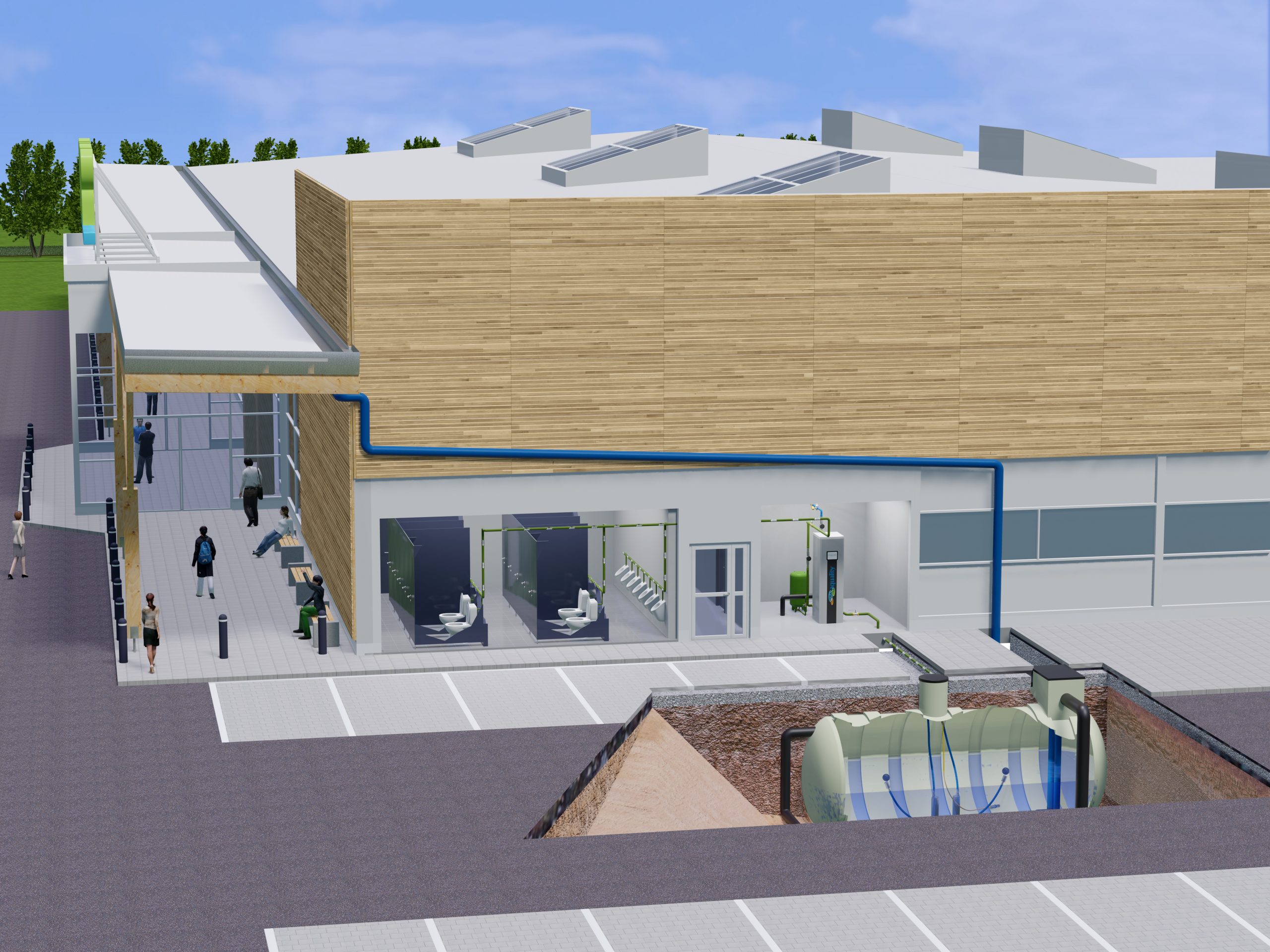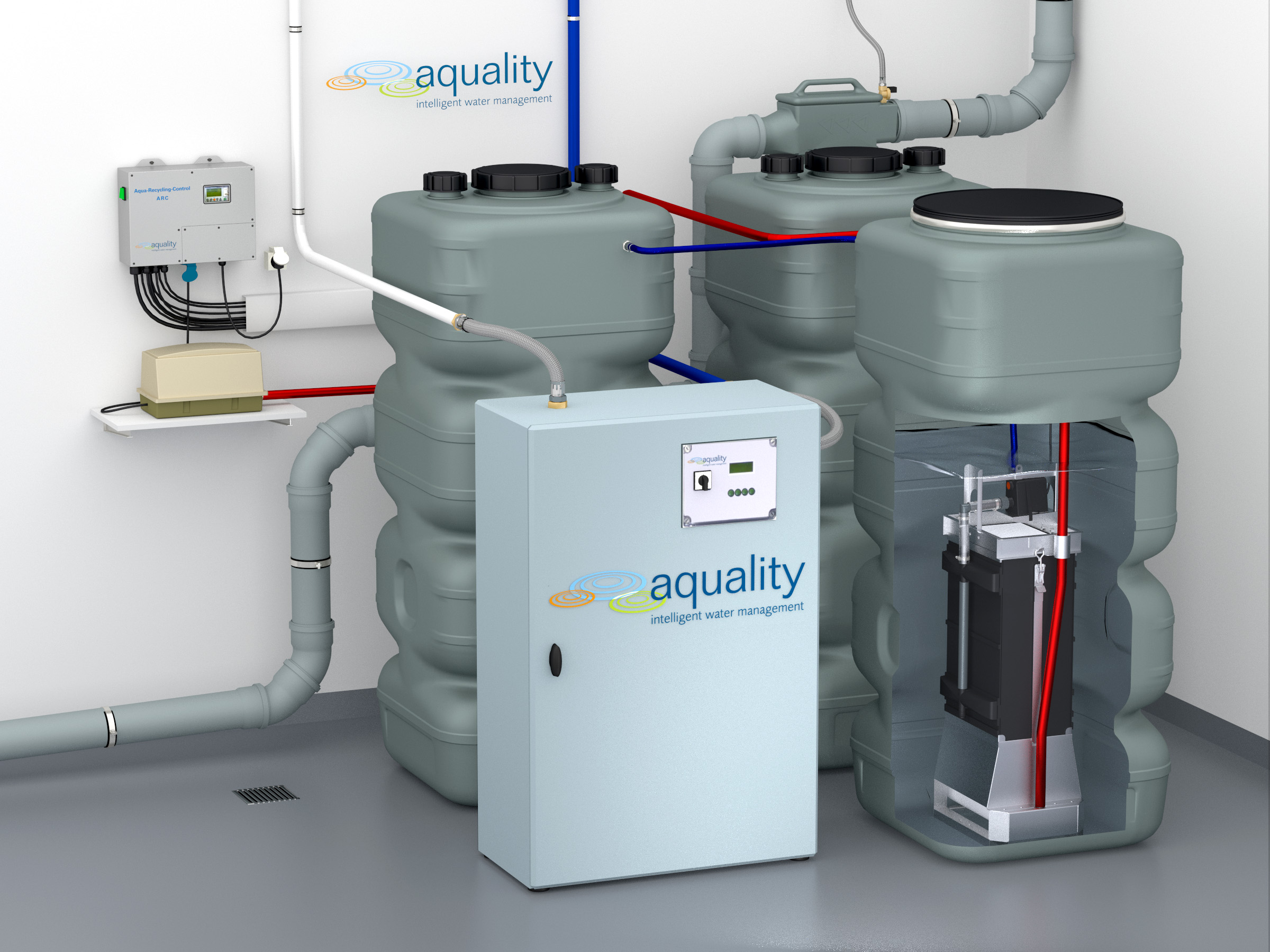You’ve reached your limit!
To continue enjoying Utility Week Innovate, brought to you in association with Utility Week Live or gain unlimited Utility Week site access choose the option that applies to you below:
Register to access Utility Week Innovate
- Get the latest insight on frontline business challenges
- Receive specialist sector newsletters to keep you informed
- Access our Utility Week Innovate content for free
- Join us in bringing collaborative innovation to life at Utility Week Live

As part of a new, Ofwat-funded, water neutrality scheme, Affinity Water and a raft of project partners are floating both product and community-based innovations across three new residential developments.
Working in tandem with the likes of Albion Water, BUUK Infrastructure, Skewb and a handful of technology firms, Affinity Water has won a £2.9 million share of Ofwat’s first Water Breakthrough Challenge to deliver sustainable, water-saving solutions at a trio of new housing developments.
With new technology to be rolled out across estates of approximately 1,000 homes each, the Water Neutrality at NAV (new appointments and variations) sites project aims to minimise water demand and offset consumption in an attempt to match usage levels seen prior to new homes being built.
According to Affinity, the project represents a “world first” in bringing technologies together at scale to achieve a water neutral site. Although each of the technologies have previously been deployed, they are unproven at scale and in collaboration with other devices.
“We need water neutrality to be delivered in the UK,” Stuart Ledger, interim CEO at Affinity Water said. “Sustainable growth is essential given the ongoing impact of climate change and our pledge to net zero operational emissions by 2030.
“Thanks to Ofwat’s Breakthrough Challenge, we will kick start the launch of water neutrality in the UK with the world’s first at scale project,” he added.
“Our partnership of industry leading providers – will install water reduction and recycling technologies and engage communities to ensure water savings, carbon reductions and support NAV partnerships.”
The award was announced roughly a month before Affinity issued its first green bond to fund environmental projects identified in its green finance framework in October.
As reported by Utility Week, schemes funded through the £130 million issuance will fall into four categories: sustainable water and wastewater management; preventing and controlling pollution; biodiversity and conservation; and energy efficiency.
Projects relating to water and wastewater management will include upgrading treatment assets and reducing leakage, whilst the company will work to reduce pollution through demand management and at the catchment level.

The scale of the challenge
Affinity provides on average 950 million litres of water each day to customers spread across the Home Counties and the South of England – a region classed as “water scarce” by the Environment Agency.
What’s more, according to forecasts by the Office for National Statistics the UK population will reach 72 million by 2041 – an increase of 7.8% from 2019. Affinity has already seen an extra 24.5 million litres per day in demand as a result of population growth over the past two years.
With new housing developments a key government priority – with £2bn expected to be earmarked for new homes on derelict or unused land in England in the autumn Budget, for example – Affinity explains that large scale activity is needed to ensure customer supplies are maintained.
With this in mind, the firm sees water neutrality – a concept in which total demand for water within a planning area after development is the same, or less, than it was before work began – as a key fixture in a number of industry challenges and climate change pledges.
However, according to Affinity, large scale experiments have thus far proved economically unfeasible while the few smaller water efficiency trials have not included a NAV partnership – blocking new entrant access to the market, it claims.
As such, Affinity’s first Water Breakthrough Challenge bid claims to address both water neutrality implementation barriers and NAV market gaps identified in previous, and thus far unheeded, industry reports.
“We will support the water efficiency efforts of government, recently announced in DEFRA’s ministerial statement, by engaging with partners to understand the impact of water neutral developments on the broader climate change and net zero commitments of the water sector,” Ed Barnes, project director and head of demand management and innovation at Affinity Water explained.

Product and community-based solutions
The project has been spread across three clusters of 1,000 homes to better distribute risk, with Affinity stating that this ensures that it is less vulnerable to planning related obstacles. On top of this, testing core drivers of water neutrality by gauging different approaches at different sites ensures the impact of activities can be quantified more precisely, it states.
It’s first group of 1,000 homes will feature technology installation in residential homes – for instance water efficient shower heads and washing machines, water saving tap fittings, rainwater harvesting systems and alarming of overflowing toilets.
Site two will emphasise community based approaches such as the installation of grey water re-use systems and commercial grade toilet systems at non-residential properties and the use of community liaison officers to drive customer behavioural change.
The final housing development involved will offer a hybrid solution comprising approaches from sites one and two, with the aim of understanding the strength of impact of both approaches at scale, and whether one approach provides the necessary benefits or if a combination of both is required.
Affinity is developing the tech underpinning said approaches with partners at H2OiQ Limited, Propelair, Hydraloop, SDS Limited, and Aquality.
Residents will also be able to monitor water usage via a bespoke app – provided by the project’s customer partner Skewb – which will also allow detailed monitoring and analysis of anonymised trial data.
According to Affinity, this app will be the first in the UK to layer technology data from multiple sources to form a single view of customers water usage, provide behavioural “nudge” and enable remote monitoring and preventative maintenance for devices and technologies. Benefits to customers will ultimately include better choice in water service provision, alignment with sustainability values and cheaper bills, the firm adds.
Water neutrality blueprint?
The project’s overarching objectives include saving of on average 112,000 litres every year for each water neutral home built – equating to more than 336 million litres across the total number of properties targeted.
Improvements are also forecast to yield carbon savings equivalent to around 107 tonnes of CO2 per year and annual water and energy bill savings of around £44 per home.
“Affinity Water is delighted to be at the heart of the water neutrality conversation within the UK and beyond,” Barnes explained.
“Our project will not only deliver value for our customers and those of our NAV partners, but pave the way for technology and delivery innovation so that new housing developments have a ‘Water Neutrality Blueprint’ they can follow.”

See this content brought to life at Utility Week Live, 17-18 May 2022 NEC Birmingham
Delivering smart water networks is one of the frontline challenges at the heart of Utility Week Live 2022’s live content programme.
View the challenges and be alerted for tickets to the industry’s most eagerly awaited reunion at utilityweeklive.co.uk.
Please login or Register to leave a comment.